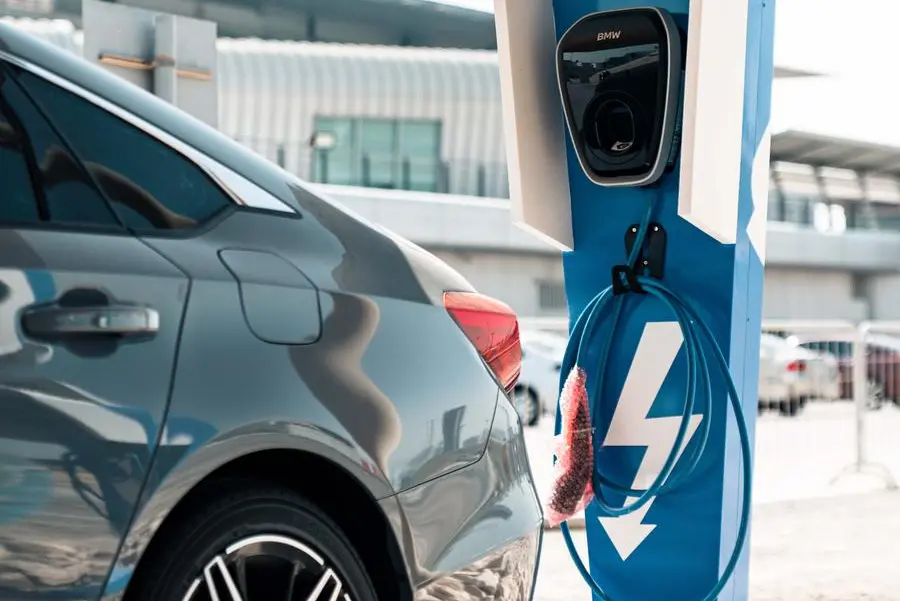PHOTO
- Almost a quarter of Dubai Autodrome’s total solar energy was put back into Dubai's electricity grid, benefiting communities across the UAE.
Dubai: As part of its ongoing efforts to be a sustainable venue, Dubai Autodrome eliminated 4,544 metric tons of CO2 emissions through its solar panels project in the last 12 months, while almost a quarter of its total annual unused solar energy was put back into Dubai’s electricity grid to help serve the UAE’s communities.
The figure is the equivalent of the removal of 965 trucks from roads in one year or 552,844,819 smartphones being charged, with Dubai Autodrome beginning to reap the benefits since its solar project operated one year ago.
Having partnered with SirajPower to install more than 5,000 solar panels around the venue, a total of 10,828,139.29 Kilowatt-Hours of power was produced, of which 2,053,820 Kilowatt-Hours was put back into public electricity systems to help meet the emirate’s power needs across various neighbourhoods.
With the produced energy serving its day-to-day operations, it also powered the motorsport competitions which were held during the year. It coincided with one of Dubai Autodrome’s busiest seasons, with the flagship Hankook 24 Hours endurance race, which featured MotoGP legend, Valentino Rossi, headlining its motorsport calendar. It also included the opening rounds of the Asian Le Mans – serving as a pathway to the legendary race in France.
Furthermore, Dubai Autodrome also has 13 electric vehicle chargers, with a view to installing more, while there are plans to expand its greenery, including the possibility of relocating and preserving a number of Ghaf Trees, the UAE’s national tree, to the venue in the future. Ghaf is a drought-tolerant tree, which can remain green even in harsh desert environments, and is vital for the survival of animal and plant species.
This comes ahead of the UAE hosting COP28 later this year and reaffirms Dubai Autodrome’s commitment to help the government build a sustainable future and meet its net-zero commitments. The sustainability project is also contributing to the UAE’s Energy Strategy 2050, which aims to triple the contribution of renewable energy and meet the increasing demand.
Faisal Al Sahlawi, General Manager of Dubai Autodrome, said: “While motorsport is a core pillar of Dubai Autodrome’s operations, we also understand the importance of sustainability, which has become a crucial topic around the world and will gather more momentum in the coming weeks as the UAE prepares to stage COP28 next month.
“Clean energy systems, such as solar panels, have a vital role to play when it comes to mitigating climate change and we are pleased that the use of state-of-the-art equipment around the Dubai Autodrome has contributed to reducing a significant amount of carbon emissions in the space of one year while also being central to our day-to-day activities both on and off the track.
“This is only the start of our journey. As a sport and entertainment venue, we are always exploring ways in which we can be more sustainable and we are committed to do our part in creating a better tomorrow by rolling out new measures that can help make a positive difference – both in the short, medium and long term.”
Media Contact:
Seven Media
Denzil Pinto
denzilpinto@sevenmedia.ae
About Dubai Autodrome
Completed in 2004, the Dubai Autodrome was the UAE’s first fully-integrated multipurpose motorsport and entertainment facility. At the heart of the Union Properties MotorCity development, it includes an FIA-sanctioned 5.39km circuit with six different configurations, a race school, indoor and outdoor karting tracks, the Grandstand Retail Plaza, the Motorsport Business Park, and a paddock hospitality zone overlooking the track.




















